Could the next Barbie or Oppenheimer be penned by an algorithm? As studios quietly deploy AI scriptwriting software like ChatGPT-4 and Sudowrite, a seismic clash brews between Hollywood AI writers and human screenwriters. Welcome to Tinseltown’s newest drama: AI vs human screenwriters—a battle over creativity, jobs, and the soul of storytelling.
The Rise of the Machine Screenwriter
In 2023, a leaked memo revealed Netflix tested automated screenplay tools to generate rom-com drafts in minutes. The AI analyzed hits like To All the Boys for tropes, dialogue, and pacing, churning out passable scripts at 1% of the cost. While studios tout efficiency, writers fear a dystopian future of scriptwriting dominated by machine-written movies.
Tools like Final Draft AI now offer “plot hole detection” and “character arc optimization,” while startups like ScriptBook predict box office success using machine learning. But when an AI blockbuster script titled Solar Outlaws sparked a bidding war (despite its clunky third act), the Writers Guild declared war.
The Human Cost of AI Efficiency
During the 2023 WGA strike, a key demand was banning studios from using AI as a credited writer. “It’s not just about jobs,” argues Oscar winner Emerald Fennell. “It’s about the ethical AI in film debate. Can algorithms capture grief, irony, or love?”
Yet producers argue AI in screenwriting aids—not replaces—creativity. Director James Gunn used ChatGPT to brainstorm Guardians 4 jokes, while indie filmmakers leverage AI to pitch tighter loglines. “It’s a tool, like a typewriter,” says tech advocate Lena Khan. But when Amazon Prime listed an AI as co-writer on a pilot, the backlash was swift.
Copyright Chaos and the Black Box Problem
Who owns a machine-written movie? The U.S. Copyright Office refuses to register purely AI-generated scripts, but hybrid works muddy the waters. A 2024 lawsuit erupted when an AI cloned Aaron Sorkin’s cadence for a Social Network sequel script. Sorkin called it “theft,” but the AI screenplay copyright case remains unresolved.
Meanwhile, AI scriptwriting software operates as a black box. Writers can’t discern how tools like PlotBot generate ideas—or whose work they’re trained on. “It’s plagiarism with extra steps,” says Succession scribe Lucy Prebble.
The Future: Co-Writers or Competitors?
The future of scriptwriting may hinge on collaboration. Startups like CollaborAI position tools as “idea partners,” while the WGA pushes for AI transparency clauses. Yet as algorithms improve, studios face a Faustian bargain: Cut costs with AI or risk losing audiences craving human nuance.
For now, the curtain hasn’t closed on human writers. But as Hollywood AI writers lurk in studio backrooms, one truth echoes: The best stories aren’t just structure—they’re soul. And that’s a code even machines can’t crack.



